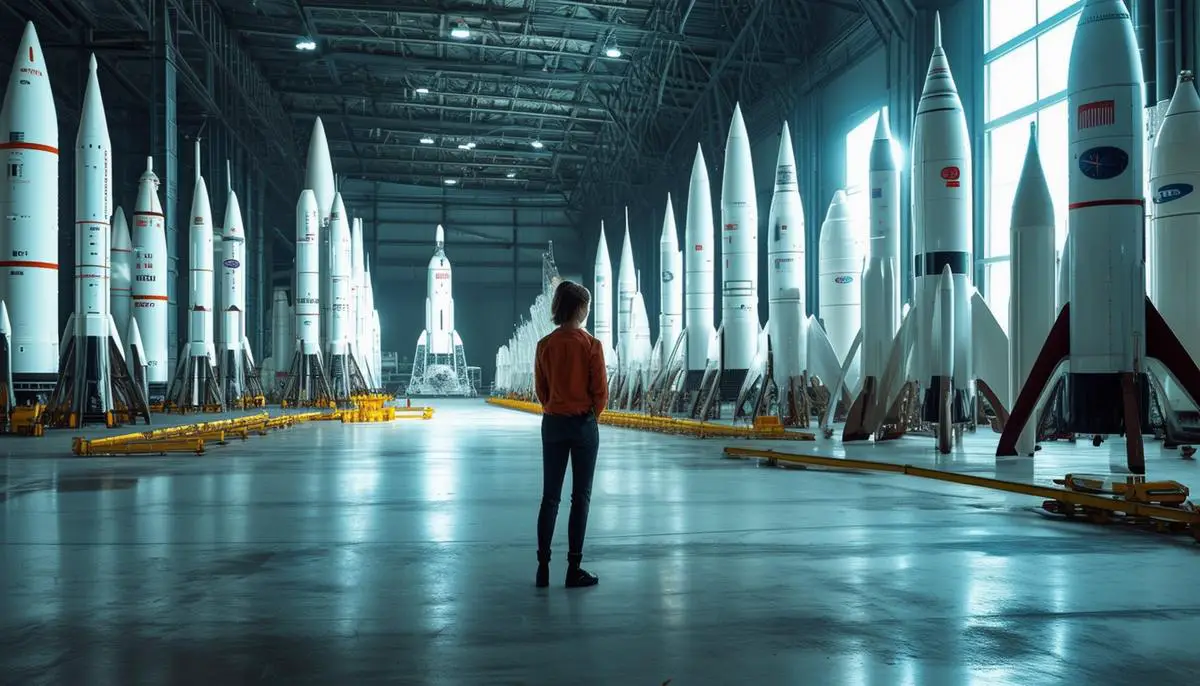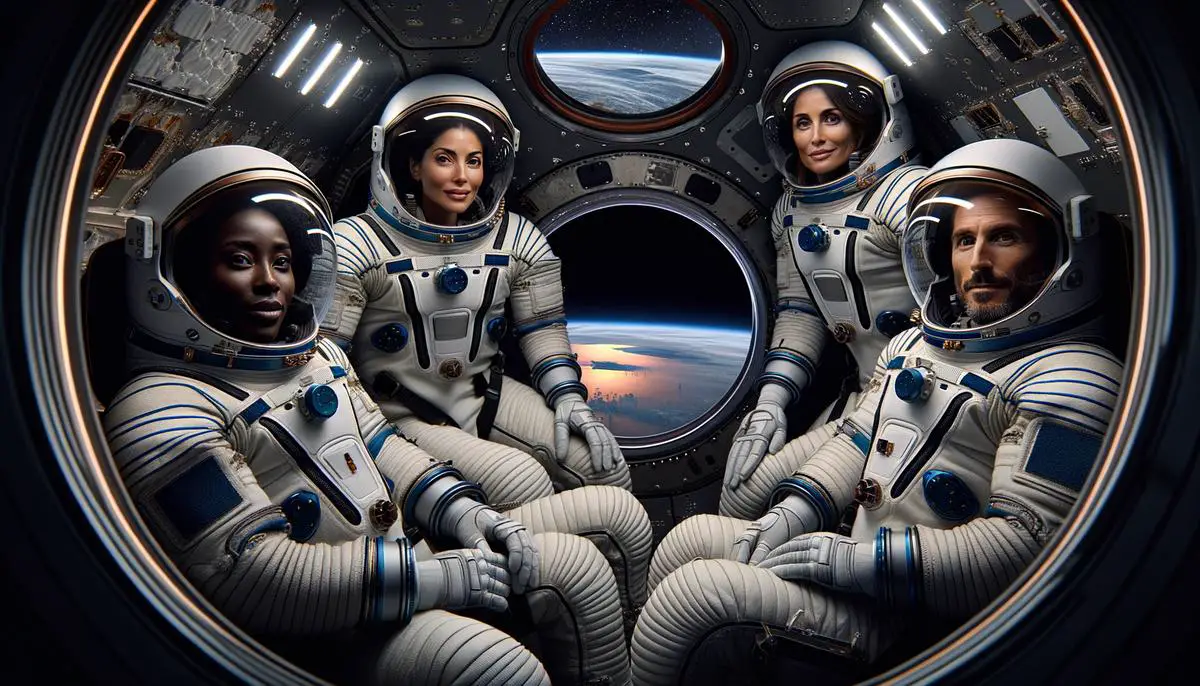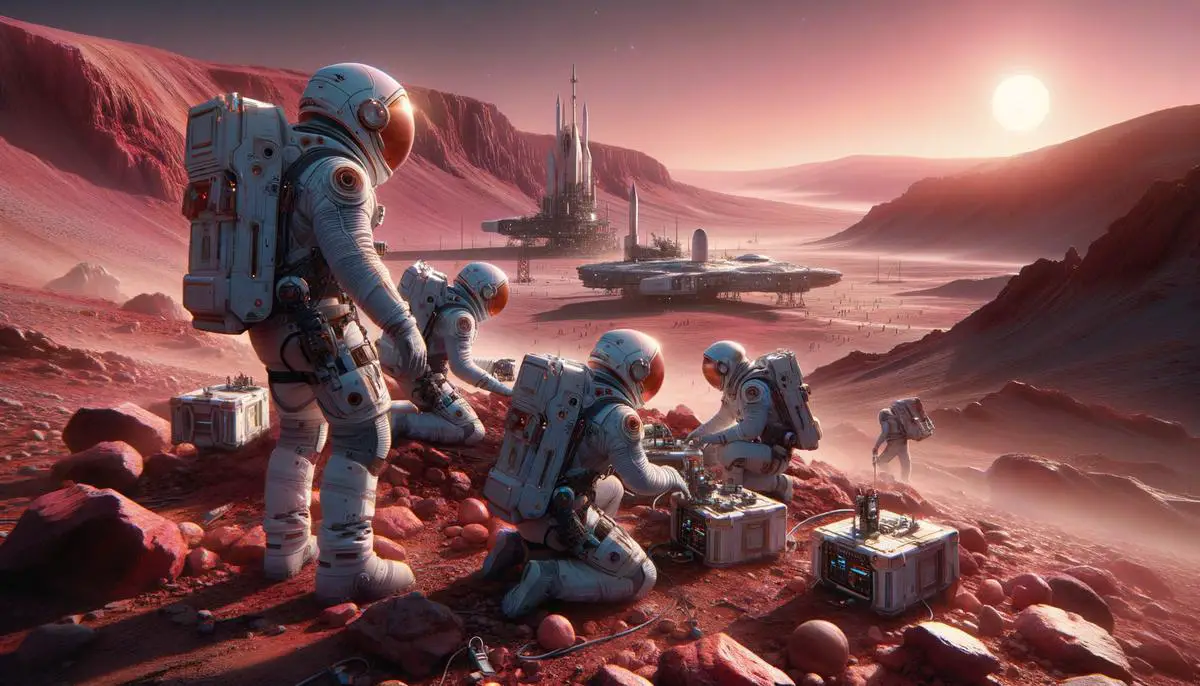Has Elon Musk flown to space before?
Elon Musk has not flown to space. Though deeply involved in space travel through his company, SpaceX, he has focused on sending other astronauts and private customers into space.
Why hasn't Elon Musk gone to space?
While many might think Elon Musk, given his role and ambitions with SpaceX, would have already taken a personal venture to space, he has remained Earth-bound. One primary reason Musk hasn't gone to space is his perspective on what constitutes a meaningful space journey. As Garrett Reisman, a former NASA astronaut and advisor to SpaceX, recounted, Musk once questioned the allure of low-Earth orbit: Why would anyone want to go to low-Earth orbit?
To Musk, merely reaching the relatively close confines of low-Earth orbit lacks the significance he associates with space exploration.
Musk's vision extends beyond the bounds of Earth's immediate surroundings. He is fixated on establishing a sustainable human presence on Mars and often speaks about making life "multiplanetary." This deep-seated ambition to extend human civilization to the Red Planet shapes his priorities and likely diminishes his interest in what he perceives as less groundbreaking ventures to low-Earth orbit.
Musk founded SpaceX because he was dissatisfied with the pace at which NASA was progressing toward Mars exploration. From his perspective, skipping the journey to Mars would be settling for the ordinary when the extraordinary is within grasp. In his mind, it's all about advancing technology so that we can permanently inhabit other planets,
notes Reisman. Musk's ultimate goal isn't just about the thrill of space travel but ensuring humanity's survival by establishing a self-sustaining colony on Mars.
Musk seems to prefer significant milestones in his projects. His participation in a spaceflight would likely coincide with reaching a notable achievement, such as the inaugural crewed mission of the Starship spacecraft, designed for deep-space travel to the moon and Mars. This potential journey would mark a pivotal moment in SpaceX's timeline and align with Musk's grander vision of humanity's future in space.
While Musk did secure a ticket for a future suborbital flight with Virgin Galactic, this doesn't align with the deeper space ambitions he holds. It underscores his preference for substantive advancements over more symbolic gestures. By focusing on missions with profound impacts, Musk continues to steer his work—and potential personal journeys—towards endeavors that truly push the boundaries of human capability.

What is Elon Musk's stance on space tourism?
Certain clues from Elon Musk's actions and statements offer insights into his stance on space tourism. Musk isn't indifferent to space tourism; he recognizes its transformative potential and has actively supported it through SpaceX missions. SpaceX's Crew Dragon missions, for instance, have paved the way for private individuals to experience space travel. The Inspiration4 mission, which successfully orbited Earth with an entirely civilian crew, is a testament to Musk's dedication to making space more accessible.1 These endeavors illustrate Musk's commitment to democratizing space travel, while also generating the financial backing required to propel SpaceX's more ambitious projects.
However, Musk's perspective on space tourism aligns with loftier objectives. He envisions these initial forays as stepping stones to more profound advancements. By enabling ordinary people to witness the wonders of space, Musk catalyzes a growing public interest, which he believes is crucial for garnering support for more audacious missions, such as the colonization of Mars. In his view, space tourism fosters a culture that values and champions the pursuit of interplanetary exploration.
This stance is deeply entwined with Musk's overarching goal: making life "multiplanetary." While today's space tourism might seem like luxury escapism, it serves a fundamental role in Musk's strategy. The funding and technological advancements derived from these missions lay the groundwork for more significant, permanent human ventures into deep space. Essentially, Musk leverages the profits and public fascination generated by space tourism to fuel the ambitious propulsion to human colonization of other planets.
In sum, Elon Musk views space tourism as an emerging industry and a crucial step towards the long-term survival and evolution of humanity. His initiatives with SpaceX underscore his belief that the ultimate aim of space travel transcends adventure—it's about ensuring humanity's future across the cosmos.

When might Elon Musk go to space?
Considering Elon Musk's ambitious agenda, the timing for his personal flight to space hinges on the convergence of significant milestones within SpaceX's objectives. Musk's view of space travel as a means to advance humanity's presence beyond Earth suggests that his first journey might coincide with a high-impact mission, one that embodies his ultimate goal of making humanity "multiplanetary."
The most probable scenario for Musk's inaugural space venture would be aboard the Starship spacecraft. Designed to facilitate deep-space missions, including those to the moon and Mars, Starship represents the cornerstone of Musk's interplanetary aspirations. Musk's personal involvement in an early crewed mission of the Starship could serve as a powerful testament to the spacecraft's readiness and signal a significant leap in his ambitious timeline for Mars colonization.
Musk might also consider participating in a milestone lunar mission. With NASA selecting Starship for the Artemis program to land astronauts on the moon, an initial crewed lunar landing could also present a symbolic—and practical—opportunity for Musk to make his debut spaceflight.2 This would underscore SpaceX's capabilities and align closely with Musk's broader vision of establishing a human presence deeper into space.
Musk's potential flight might be timed with a major project such as:
- Establishing a lunar base
- Executing the first Mars-bound mission
His participation would likely catalyze additional support and funding, emphasizing SpaceX's commitment to groundbreaking achievements.
Given that SpaceX aims for extensive preparatory launches—including numerous cargo missions to ensure the viability of long-term habitation—the timeline for Musk's Martian journey would likely be dictated by the completion of essential infrastructure on the Red Planet.
It's clear that Elon Musk's eventual trip to space would be more than a personal milestone—it would symbolize a key advancement in SpaceX's overarching mission and in humanity's quest to extend its reach into the cosmos. As SpaceX edges closer to achieving its ambitious goals, Musk's journey, whenever it happens, will serve as a formative event in the story of human space exploration.

- Sempsrott D. SpaceX's private Inspiration4 crew returns safely to Earth after historic 3-day mission. Space.com. Published September 18, 2021.
- Weitering E. NASA picks SpaceX's Starship to land Artemis astronauts on the moon. Space.com. Published April 16, 2021.
![]()
